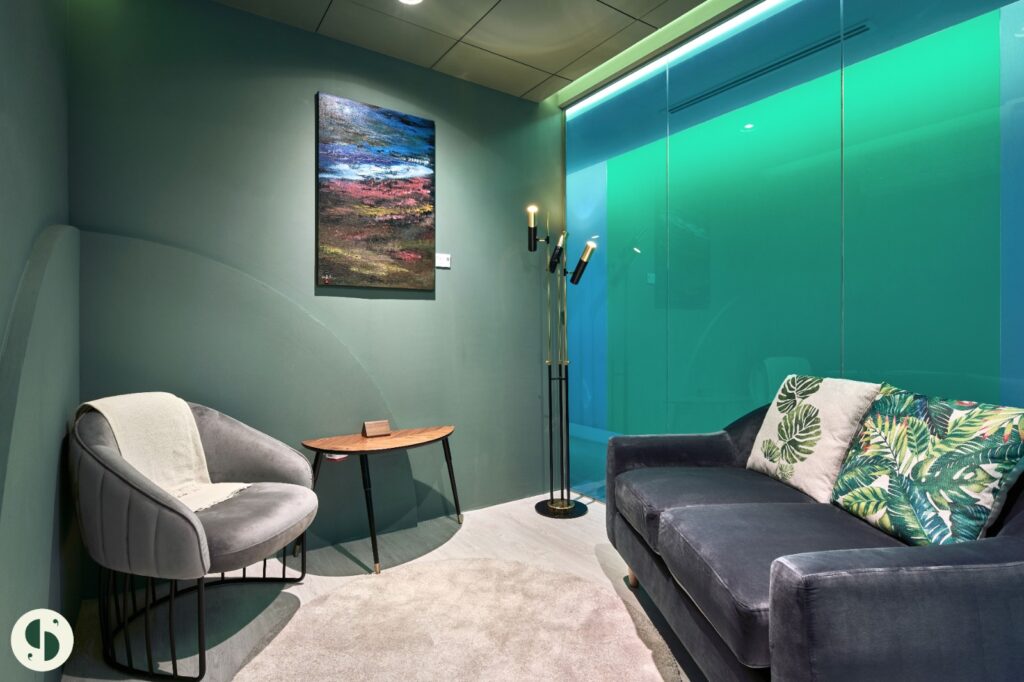Individual counselling and psychotherapy for :

Emotional regulation and its inverse “Emotional Dysregulation” means our ability to control and appropriately respond to our emotional experiences. It refers to the capacity to feel intense positive and negative affects or moods, without having our feelings hijacked, overwhelmed or resorting to ineffective coping strategies.
Signs of an inability to regulate emotions include:
The causes of being unable to regulate emotions can vary. When we are young, we often hear advice intended to comfort us that usually has the opposite effect, such as “just get over it” or “stop crying, you’re fine.” We rarely acquire the skills to do so ourselves if our caretakers don’t acknowledge or soothe our emotions. Other causes may include medical or psychological conditions.
You notice that your emotions frequently change. The feeling of switching between numbness and agitation is familiar to you. Also, responses are frequently immediate, intense, and uncontrollable.
When faced with difficult emotions, you typically withdraw, feeling numb or go blank. You feel “on edge”, anxious, or struggle to turn off your mind at night.
In stressful situations, you may react by becoming fatigue or putting off responsibilities because you’re feeling too overwhelmed emotionally, or by becoming panicky, uneasy, and hypervigilant.
You believe that a traumatic event has shaped the way you handle your emotions.

At Transform PsyCare, I will help you develop the skills you need to manage your emotions, be present and maintain tranquility.
You can pause between your emotions and your responses, giving yourself time to gather your thoughts before taking action. We also collaborate to heal the roots of the emotional dysregulation.
With the proper self-control and regulation, you can maintain your composure under pressure and avoid behaving against your core values.
Resources
Find us on
10 Anson Road, International Plaza, #28-14, Singapore 079903
© 2023 Transform PsyCare (UEN: 53453387J). All rights reserved.
Subscribe now to stay up-to-date with upcoming events, groups, workshops, blog posts and more! Enjoy a free guide on “Distress Tolerance Techniques” plus 20% discount on your first consultation when you join our email list!